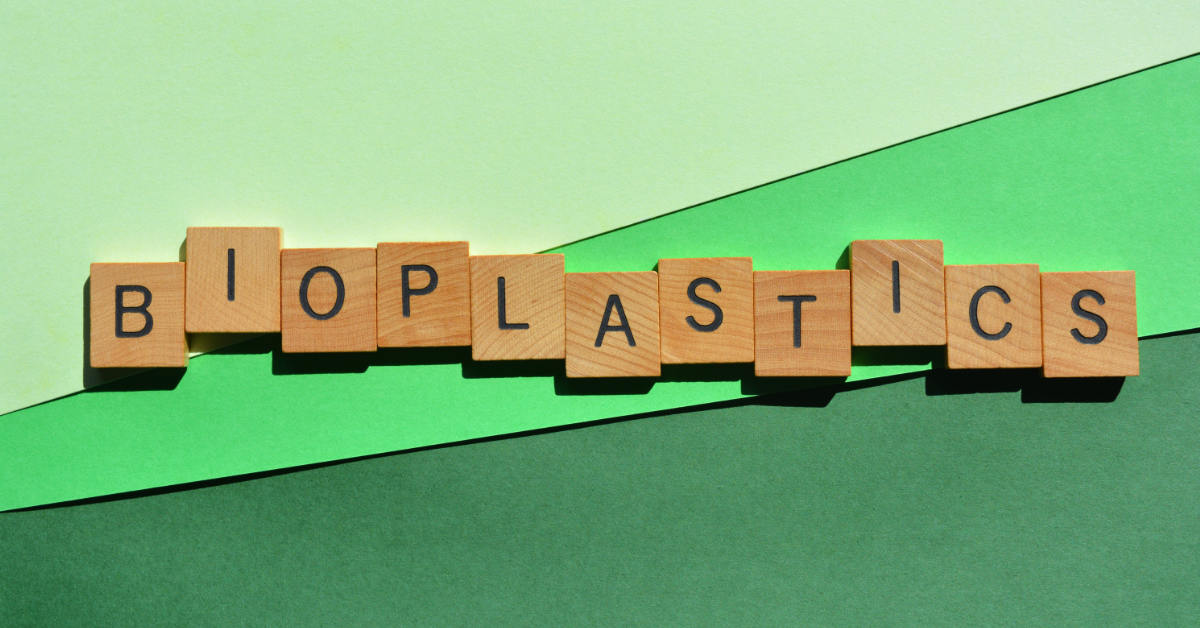The plastics industry has been called upon for about twenty-five years to design more sustainable products and processes to limit pollution and reduce consumption.
During this period, the industry has invested in the production of compostable bioplastics, a material that due to problems of price and applicability has so far failed to prevail, in terms of volumes, over fossil plastics.
2022: the breakthrough year
Packaging made from bioplastics has been associated with niche markets and has shown rather low annual growth rates, rarely exceeding 1.5 million tons, a situation that continued until 2022.
In that year, global production broke through the 2 million ton barrier, according to the report compiled by European Bioplastics.
EU supports and promotes bioplastics
This achievement is the result of the European Union‘s strategy on plastics and circular economy. Indeed, it is the European market that is driving this growth, thanks to the 1.2 tons of bioplastics produced in the Old Continent.
According to these numbers, the report estimates that production will rise to 5 million tons by 2025, a figure that is consistent with the upcoming construction of new plants.
Conquering new sectors
Several start-ups are working on the development of new polymers and compounds, starting from a base of polyhydroxyalkanoates (PHA), which can be obtained using carbon sources and bacteria.
From this perspective, bioplastics for packaging are preparing to conquer additional sectors, including automotive, home appliances and textiles.
The expansion of applications will be a game-changer for the industry, establishing bioplastics as a strategic material for the global economy.
Source: rinnovabili.it


